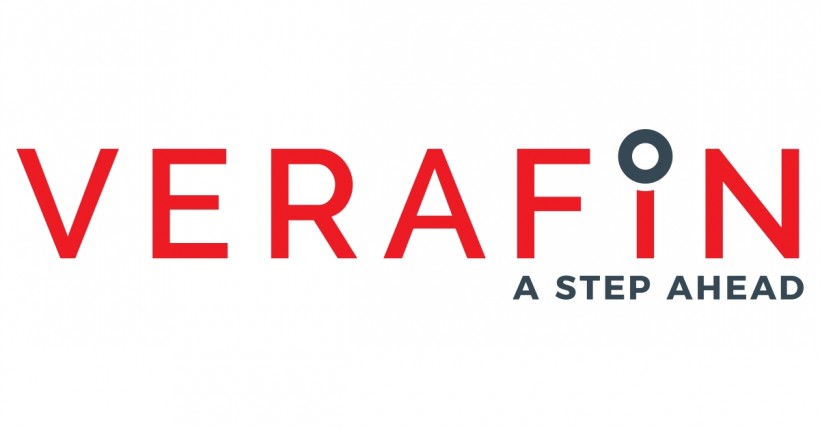In announcing its whopping $515 million equity-and-debt deal on Wednesday, St. John’s-based fintech company Verafin revealed more about its stellar operations than about the deal itself.
Other than the headline number, the highlight of the announcement is that the company’s founders, management and staff are still the largest shareholding group. That indicates the performance of the underlying operations have been so strong that the people working for the company have not been overly diluted, even though the company has just brought in more than a half-billion in capital.
The statement itself shows just how strong the company’s growth has been: Its annualized recurring revenue hit $100 million in the first quarter – up 87 percent from two years earlier. More than 3,000 banks and credit unions in the U.S. are now clients, including 25 with more than $5 billion in assets.
“One of the most important things for us is that the deal allows the management and employees to be the largest shareholder group in the company,” said Verafin Co-Founder Brendan Brothers in an interview. He added that will allow the company to continue its growth while remaining based in St. John’s, where it employs more than 500 people.
Verafin, which provides lenders with software to detect and prevent fraud and money-laundering, said the $515 million fundraising comprised both equity and debt, but did not give a specific breakdown. That means little is known about the deal – even whether it should be classified as private equity or venture capital. The Globe and Mail called the deal the “largest ever Canadian venture deal", though Brothers said the company is just referring to funding as “growth equity.”
What is clear is that five years after the company announced a $60 million private equity investment by Spectrum Equity of California, Verafin is still growing like a startup. And Brothers believes that growth will continue.
The injection of capital will allow Verafin in the short-term to continue to focus on its core market of the U.S., which has more than 10,000 banks, meaning Verafin can still grow in that market. The company is moving more aggressively into the mid-tier banks, meaning those with more than $5 billion in assets.
Read our First Report on the Verafin Deal
Brothers said Verafin has also found that institutions have great success in thwarting criminals when they collaborate and share data, and Verafin can grow by supporting more of these collaborative solutions.
“That portion of the market is something we’re been focusing on for the past 18 months,” said Brothers, adding one bonus from that business is that it leads to referrals to new customers.
The new financing will also give Verafin the firepower to work on new markets, whether they are in countries other than the U.S. or among other financial-service providers, such as insurers or money managers.
Verafin has grown from 200 employees to 500 in about four years, and Brothers said the company has not had much trouble attracting new employees. It has worked closely with colleges and universities in developing tech workers, and is also active in recruiting employees from other parts of Canada and other countries. Immigrants make up about one-fifth of its staff.
The Verafin deal is being celebrated well beyond the company itself as a sign of what a tech company can do regardless of where it’s based.
“This Verafin deal is big,” said Michelle Simms, CEO of Genesis, where Verafin began 16 years ago. “It’s big not only for the startup ecosystem – it’s big for Newfoundland and Atlantic Canada. It proves to people all over Canada that you can start a technology company in a small community and attract investment from major investors.”










